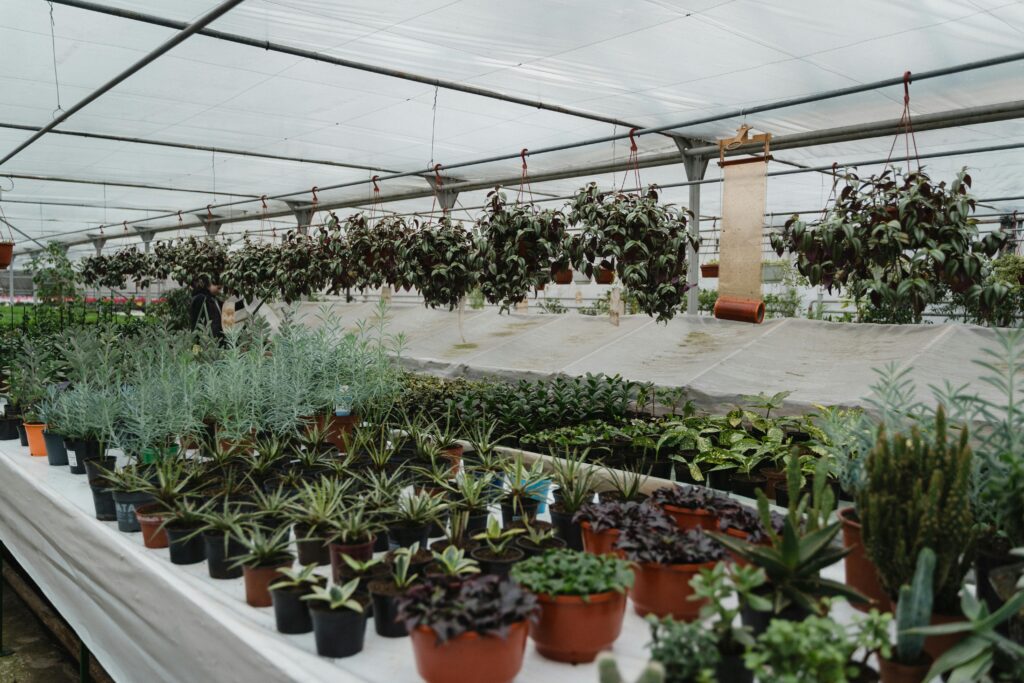Not only can gardening make our surroundings seem great, but it’s also a relaxing and rewarding pastime that promotes a better environment. Whether your green thumb is newly discovered or you are an experienced gardener, choosing where to acquire your plants from is quite important. Purchasing from a retail nursery is one choice that frequents this blog post.
Benefits of Purchasing from a Retail Nursery
One of the well-known traits of retail nurseries is their great range of plants. Retail nurseries usually provide many beautiful flowers, fruit-bearing trees, or exotic bushes depending on your search. Furthermore, they usually have plenty of the plants you want so you won’t have to wait for a certain season.
Retail nurseries are manned by experienced experts ready to offer insightful guidance on gardening methods, soil conditions, and plant maintenance. This knowledge may be quite helpful for novices especially since it will enable them to make wise selections and increase the possibility of their plants flourishing.
Reputable retail nurseries prioritize their plants’ quality. They ensure the plants are healthy and disease-free and usually source their goods from dependable producers. Gardeners seeking strong and resistant plants may find comfort in this dedication to excellence.
NJ garden center provide a one-stop purchasing experience for convenience. You can find whatever you need for gardening from equipment to fertilisers to soil and pesticides in one spot. For people with hectic schedules, this simplicity can save time and effort, hence it is a convincing choice.
Drawbacks of Retail Nursery Purchases
One of the biggest negatives of retail nurseries is that their costs could be higher than those of other choices. Higher pricing is a result of overhead expenses, including staff compensation, maintaining a physical store, and offering a variety of plants.
Retail nurseries may prioritize trendy plant cultivars over native or local species. This emphasis on market demand can restrict the availability of plants more suited to your particular soil conditions and temperature.
Retail nurseries may still find it difficult to stop the spread of pests and illnesses despite their best efforts to preserve quality. Buying plants from a centralized place can also risk bringing unwelcome hitchhikers home who can damage your yard.
The methods of transportation and farming connected to retail nurseries can affect the surroundings. Long-distance shipping of plants could contribute to carbon emissions, and certain nurseries might employ intensive farming techniques that could harm the ecology.
When weighing the benefits and drawbacks, shopping from a retail nursery has various advantages. These include many choices, professional guidance, and guarantees of quality. However, it is crucial to recognize that the possible negative effects include more expenses and environmental issues.
Ultimately, your priorities as a gardener will determine whether or not shopping from a retail nursery fits your budget. If your priorities are convenience, professional advice, and a wide range of options, the somewhat higher cost could be reasonable. On the other hand, if you prioritize environmental sustainability and cost, looking at local nurseries, farmers’ markets, or community plant swaps could more align with your values.

